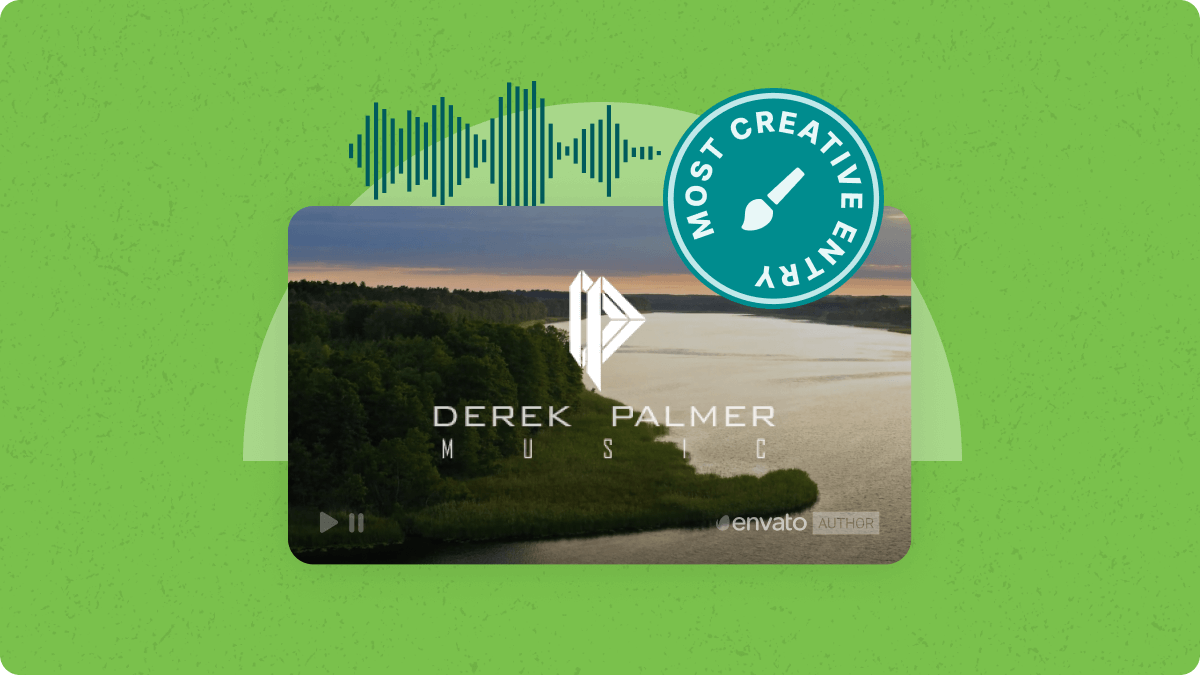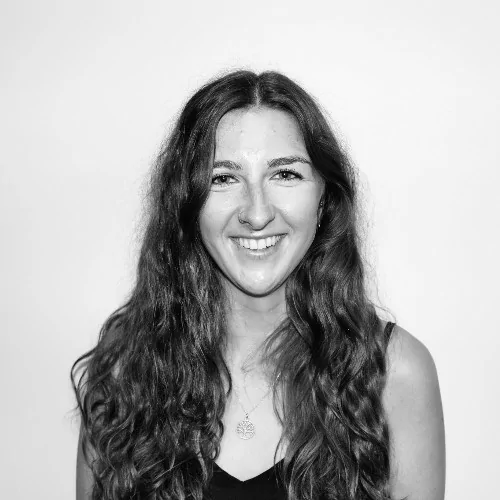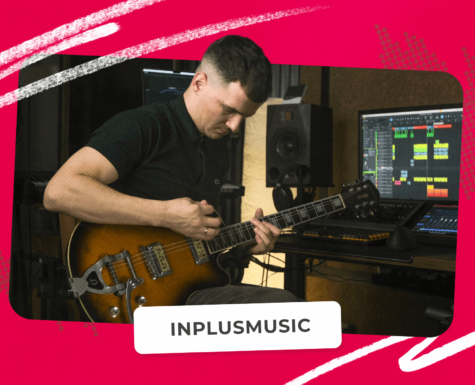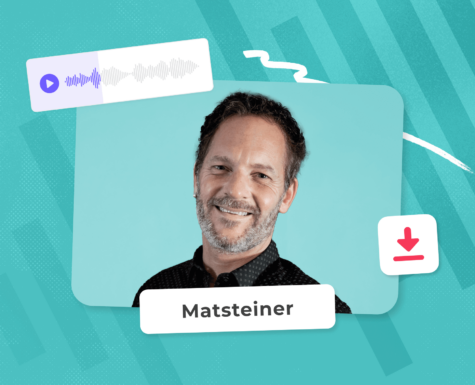How to Make Music for Movies with Derek Palmer: Part 1

Derek Palmer—AKA palmtreep—is a freelance film composer, musician, electronic music producer, and DJ from the United States. His work spans a multitude of genres ranging from film scoring and trailer music to EDM dance music. Today, we’re catching up with him to talk about how he makes music for movies, and how he got to this point in his career.
The talented audio Author recently won Envato’s 16th Birthday Competition in the creative category, where he created a thrilling movie-like trailer to represent his successes.
What’s your background and how did you get into film composing?
Growing up I actually wanted to be an artist of some sort. There are photos of me as a toddler banging on pots and pans and sitting on the floor in the kitchen of my home. I was given my first digital keyboard (boasting a whopping 64 sounds) when I was fairly young. I started writing little songs on my keyboard as I started to learn the ins and outs of actual music, both reading, and writing.
However, it was during my eighth-grade year when I was given this computer program called “Sonic Foundry ACID”. I had no idea what it was as computers were fairly new to households then. Installing this software into the computer, I was met with a whole new world of options. I found that I could write my own music and burn it onto CDs to share with friends. I could write anything I wanted. Any genre, any style. This was due to the nature of “Loop based” music writing that ACID became known for. I spent hours every week learning how to write music with it and eventually I learned how to hook the keyboard up to the software with a thing called MIDI.
I’ll fast-forward a bit. I entered music contests for school, I learned various styles and instruments. I learned and did as much as I could in High School which led me to go to University, where I learned even more valuable lessons and more about the intricacies of musical writing and composing.
Even though I was learning all these things, composing music wasn’t really at the forefront of my mind. It wasn’t until I watched a little film called “Raiders of the Lost Ark”. For some reason, that film and the music just blew me away. The music resonated with me in such a way, I had to find who did it. I would sit on the couch and just watch the end credits roll while the Indiana Jones theme played triumphantly. Then when I found out it was the same man who wrote the likes of Superman, E.T., Jaws, and Star Wars, I was hooked on the idea of writing for film.
From the moment I left University, I began finding how to write orchestral music. I bought software and equipment, took lessons, and watched tutorials on writing film music. I listened to numerous film scores from loads of composers, just learning. Fast forward to now, and I’m writing orchestral music like I envisioned and am still learning. Always learning. That’s essentially what got me started in wanting to write film music.
How did you become a freelance composer? What were the steps involved?
Becoming a freelance composer wasn’t nearly as difficult as I thought it would be. Building up a fan base and brand was far harder to do. In today’s world, there are so many tools and resources to help inspire artists, composers, and musicians to be able to showcase their work and be hired for jobs.
My main focus was to build up a fan base. I started a Soundcloud page and a YouTube channel.
I also opted to do a few projects without charging a fee or just doing it as a fan of something. For example, I did a few music themes for some YouTubers I followed and I had some people reach out and I did work for them as an “exposure” situation. I don’t recommend always doing this, but sometimes it can benefit you to do some on occasion.
Eventually, I found Envato 14 years ago and it just happened to be the right time when I was starting to make a lot of trailer music-oriented tracks. I took a look at what Envato offered for buyers, and decided to sign up as an artist. After being approved, I began uploading music. I had clients coming in and eventually, word of my portfolio began to spread around. I started getting email requests for custom music and things of that nature, so I started taking some of those jobs on the side.
Around this time I also opted to sign up for ASCAP to make sure that if I was making licensing deals and things outside of Envato on my own, I had a way to keep my copyrights and register things properly. Now with the advent of places like Fiverr, which I am also on, it has become far easier to have people seek you out to work on projects. It’s a far easier place for freelancers now than it was two decades ago.
I also started up my website which is the hub for all my work.
Congratulations on winning Envato’s 16th Birthday Competition!
Thank you to Envato for running a great contest and to everyone who commented and complimented! In fact, I almost didn’t even enter simply due to not having a lot of time. However, a close friend of mine convinced me to do it and so I did.
You created an amazing movie trailer using your own composition and Elements stock footage — What are your tips for creating a movie trailer?
I set out to write a new piece of music, knowing it was a one-minute time limit, however, I ended up writing a full four-minute song! Overkill? Possibly, but when ideas flow, you have to go with them.
That being said, the music part flowed pretty well on this one. I wanted to go for a big, epic trailer-type feel but I wanted to keep it upbeat enough to be more inspirational sounding rather than big and heroic like most trailers. Writing trailer music has the benefit of not needing to sync up with the video (in most cases). So the edit will actually be done to the audio. So when writing, it’s fairly straightforward.
The biggest tip I can give in writing trailer music is to know you need a set beginning, middle and end. Just like any good story.
In terms of big action or epic trailers, the key is to start off soft or subtle. Then slowly build to a short break, then come in with your main groove. This section will start to build on the idea of a second break which will ultimately lead to the big finale of the score. This is where all the epic things happen and rise to a gigantic climax.
Think of it as three acts. Act one; the soft intro to lead you into the trailer. Act two; establishes the main themes while building on to those themes. Act three; the climax and all the big stuff happens.
Now the editing, that’s a whole other ballgame. I did the editing and animations myself on this one, so it did take some time. To be short, find clips (such as those I used from Envato Elements) that help tell your story, and just like the music, save your big “set piece” clips for the ending. Use more subtle establishing shots for your intro and middle, then pull all the stops in the ending.
The entire idea of a trailer is to capture your viewer. Sometimes it’s emotional music. Sometimes it’s big set pieces that give viewers that “WOW” factor. Ultimately, a trailer is designed to build hype and attention toward something. The best way to do that is with some big epic music and some amazing visuals!
What are the key elements of your role as a film composer?
The role of any film composer or musician writing music for film is simple. You’re there to help tell an overall story. The goal is to help accent what you see on the screen. Sometimes that means knowing when to have music, when to dial back the music, or in some cases, choose not to have any music.
You also need to find the overall tone of a film. That will help drive what you eventually write for it. A simple change in the tone of your music can drastically alter the idea of a scene or a film as a whole. Talking with the directors or producers to help give a vision of the project and going from there with ideas.
As much as we all would love to have our music be a focus of the film at some point, that’s not really the case. A film is a collaborative effort with many people with many ideas and the goal is to tell a compelling story as a whole. Whether that be an action film, horror film, or something more dramatic or lighthearted, your job is to help tell that story through music.
What are the benefits of making music full-time?
Doing anything full-time is never easy. Full-time sounds exactly like what it sounds like. A lot of work! That being said, I do have an income outside of music. I manage an EDM record label called Emergent Skies (part of the Emergent Music branding) and host an EDM radio show every two weeks on DI.FM.
For example, there’s always something creative that can be done. So instead of spending my time watching tv or movies all night, I’ll be writing music or making videos—so it’s always productive.
Another benefit is you do get to meet a lot of great people and musicians. I’ve done some live streams of me sketching music ideas and done walk-through videos which always give me a chance to chat with other musicians about ideas and techniques.
What are the challenges?
Now even though I say it’s a lot of work, there are benefits. That brings me to the first challenge. Doing anything like this full stop is tough sometimes. There’s not a lot of free time. Especially if you’re working around another job or doing other things like making promo videos for a record label. So at times, you feel like a train just chugging along to get to the next spot.
Another challenge is deadlines. Deadlines can be hectic. There have been times when I’ve had requests for things and they need to be done in a few days. That is extremely stressful. Mainly because you may have other projects or even real-life events happening that need to be taken care of.
Income is always a tough thing as well. I try not to dwell on it too much, but doing freelance isn’t always a guaranteed paycheck. I may go a few months without a film project at times or during the holiday season, sales and client work fall drastically. So that’s always something to keep in mind.
Feeling inspired by palmtreep? Keep your eyes peeled for part 2 where we talk about tech, tools, and tips.






